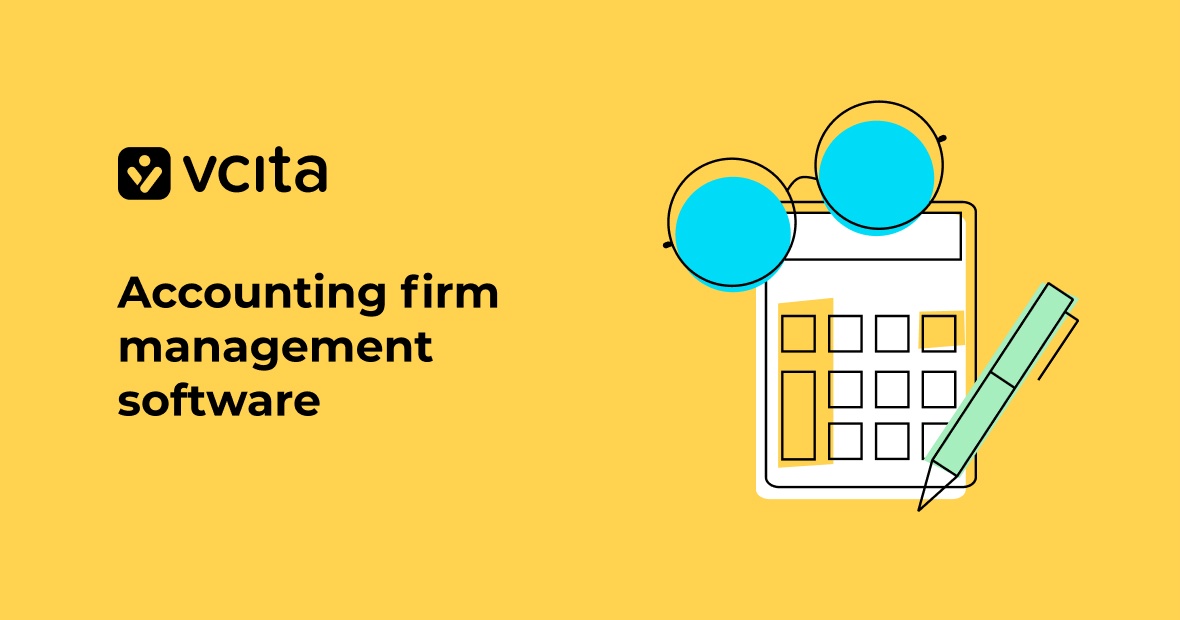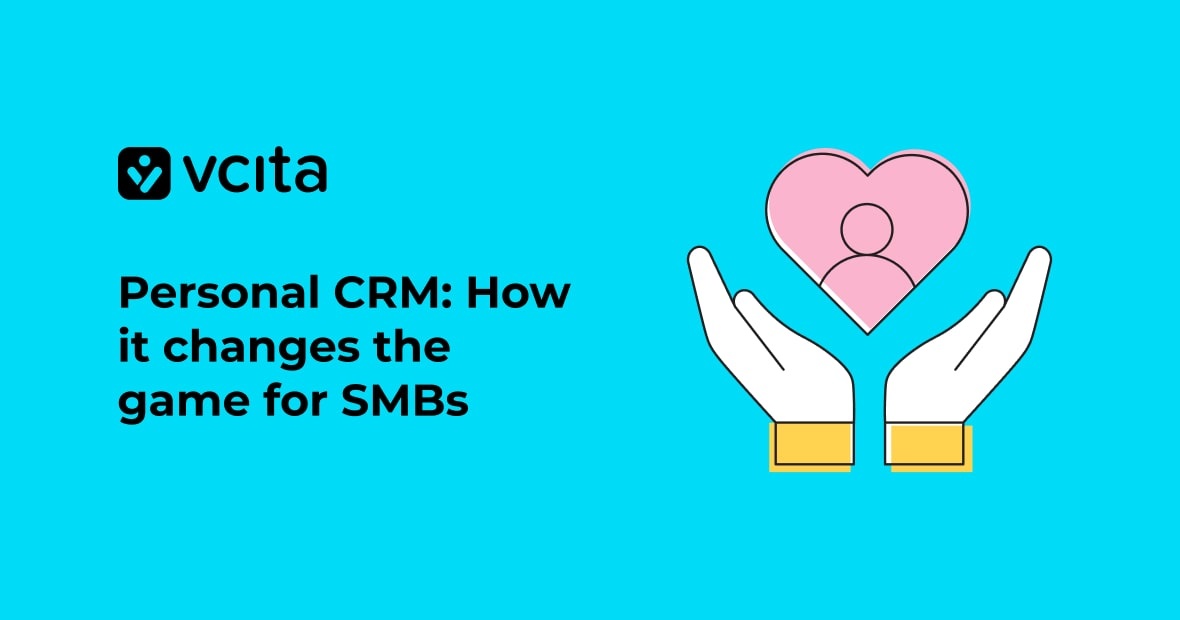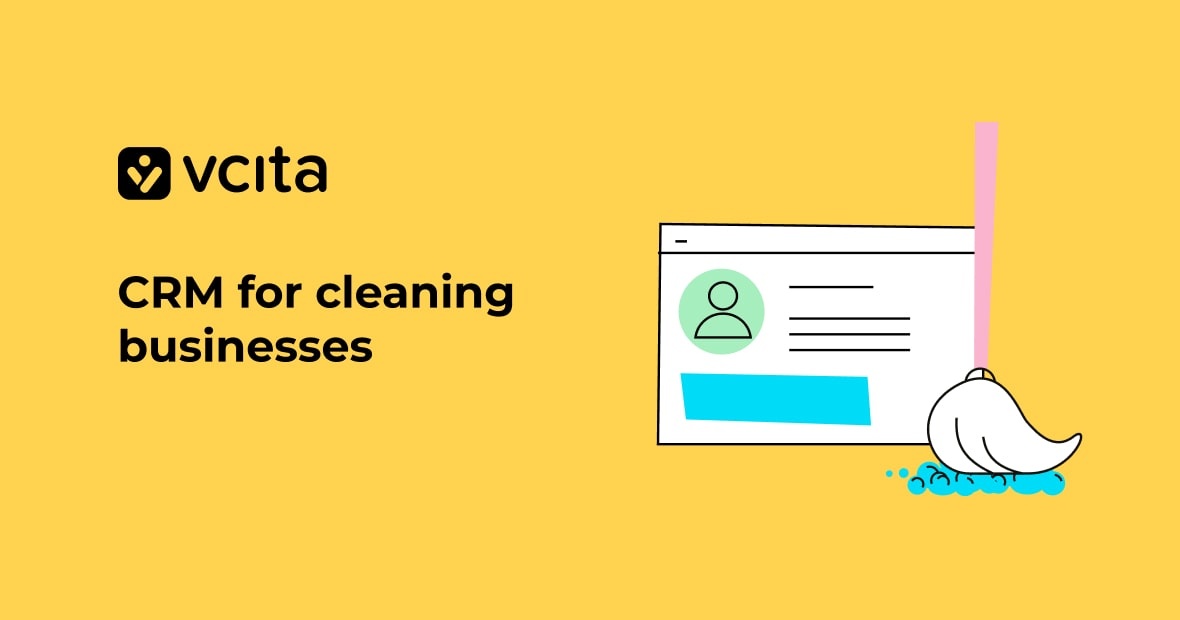Congratulations on starting your own accounting firm! Setting up your own small business is a mixture of exciting and hard work. When you choose the right accounting firm management software, it helps reduce the amount of hard work and leaves you to focus on increasing customer satisfaction.
As an accountant, you know how important it is to have an efficient system in place to keep clients happy and your business profitable. The good news is, you have plenty of options for different tools and solutions. The bad news is that there are so many choices out there for accounting practice management software that it can feel overwhelming.
If you’re struggling to figure out which solution is best for your firm, we’re here to help you. Read on to learn which features to look for, how to check that software is a good match for your accounting firm, and the best ways to integrate it into your business operations.
5 must-have features for accounting firm management software
Any accounting firm management software worth its salt should have certain features to help streamline your business and provide the best service to clients. Here are 5 points to look for in your search for the perfect accounting practice management solution.
-
A client portal
A client portal allows your clients to log in and access important documents like tax returns, financial statements, and invoices independently and at any time of day or night. It gives them a convenient way to stay on top of their financial records, and cuts down on work emailing and mailing documents for you. Look for a software with a portal that is secure yet easy for clients to use.
-
Invoicing software
Choose software with automated time-tracking and invoicing tools. Time-tracking tools let you log hours worked and create timesheets, and integrated invoicing pulls those details to automatically complete accurate invoices in less time. Send professional looking invoices and set up recurring billing in a few clicks. Some options even include payment processing so clients can pay online directly from the invoice or in their client portal.
-
Scheduling and appointments system
Scheduling software and appointments management removes friction from booking client appointments and scheduling meetings, keeping your entire team on the same page regarding availability and deadlines. Look for a solution that syncs with your personal calendar, sends automated reminders to you and your clients, and allows you to invite clients to book and change meetings themselves according to your preset availability.
-
Project and document management
Robust project and document management tools help keep you organized and all your client data secure. Manage all the documents related to a client in a single secure location, set deadlines, delegate tasks, and track the progress of projects. Accounting project management software that handles document versioning and cloud storage is ideal.
-
CRM capabilities
A good accounting firm management software will include customer relationship management (CRM) software, with functionalities like contact management, email marketing, cross-selling and upselling, and customer service case management. A CRM helps you gain better insight into your clients’ needs so you can serve them even better.
The benefits of all-in-one cloud-based software
You can find many different tools that offer one or two of the above-mentioned features, but a single cloud-based solution that includes all the necessary features is far more efficient. Here are the main advantages to using all-in-one cloud accounting firm management software instead of numerous individual traditional tools.
Cost savings
Cloud software eliminates the need to purchase and maintain expensive servers and IT infrastructure. Most cloud services offer a pay-as-you-go model, so you only pay for what you need. This allows small firms to access enterprise-level software at a fraction of the cost.
Increased productivity
With an integrated suite of tools like client portals, invoicing software, employee monitoring software, scheduling software, CRM software, and more all in one place, your team can stop switching between programs and focus on what really matters – serving your clients.
A centralized client database gives everyone a single source of truth about your clients and their accounts.
Scalability
As your firm grows, cloud software scales with you. It’s easy to add more users and access more advanced features without needing to migrate to a new system, shell out for a new software suite, or get used to a different platform.
Easy maintenance and security
With cloud software, updates happen automatically and on time. You’ll always have the latest features and security patches without scheduling downtime for updates and upgrades. Your vendor takes care of maintenance, so you don’t need to run an IT team or gain tech expertise.
Full access from anywhere
Cloud software means that you and your team can access client information, schedules, and files from anywhere with an internet connection. Work remotely or collaborate with colleagues from multiple office locations, because you don’t have to be on an office desktop.
vcita’s all-in-one solution provides client portals, invoicing software, scheduling software, CRM software, and more in a single cloud-based platform designed specifically for accountants and accounting firms, offering all these benefits and more.
How to evaluate and select the right software for your accounting firm
Evaluating accounting firm management software is an important undertaking. The right software can save time, boost productivity, and fuel business growth, so you need to carefully consider your business requirements and priorities to find the best solution. Here are the steps you should take to identify the best solution for your needs.
Compare options based on must-have features, ease of use, and cost.
1. Assess your requirements
Start by listing your needs and preferences. Ask questions like:
- Do you only need core features like client portals, invoicing, scheduling, and CRM, or additional tools for project management, time tracking, and expense reporting?
- Do you prefer cloud-based or desktop software?
- How fast do you expect business to grow over the next 5 years? You might need a solution that can easily grow with you.
2. Find vendors that meet your needs
Now you’re ready to put together a long list of potential software options. You can use Google to search for dedicated accounting practice management software, and ask other accountants what solutions they use for their business. Pay attention to which integrations and automations are available to streamline workflows.
3. Research potential solutions
Investigate your possible tools using comparison sites like Capterra, Software Advice, and TrustRadius to read reviews from other accountants. Evaluate free demos to experience each platform firsthand and assess how intuitive and customizable the interface is.
4. Consider price and payment terms
You’ll usually find two payment structures for business management software:
- Subscription models that charge a monthly or annual fee according to the number of features you access and/or how many users or clients you have
- Perpetual licenses that provide lifetime access for an upfront cost.
Make sure any solution fits your budget, and has a pricing model that aligns with your business goals.
5. Try out customer support
Talk to your potential vendor’s customer service representatives to get answers to any questions you have, and to determine how responsive and helpful they are. Well-supported software with ongoing updates will serve you better in the long run.
Selecting the right accounting firm management software is a big decision. By determining your must-haves, comparing top solutions, and evaluating each option carefully, you can find an intuitive, affordable platform to help take your firm to the next level.
Making a successful transition to new accounting software
If you’ve already been using an accounting management solution, switching to new accounting software can be a big step. It’s important to prepare carefully so that you experience a smooth transition and ensure that all your clients’ financial data and records are accurately transferred to the new system.
The best time to transition is usually at the end of your fiscal year. This allows you to enter the new year with a clean slate in the new system. If possible, run the old and new software in parallel for a month or two. Enter new transactions in both systems, then compare reports to ensure the data is syncing properly between them.
Compare reports from your current and new software to verify all balances and details were moved correctly. Do this for accounts payable, accounts receivable, general ledger, and financial statements. Look out for improperly closed periods or incorrect liability balances, and fix any issues before officially switching systems.
Once you’ve verified the accuracy of the new system, announce the change to your clients. Let them know what to expect, and provide resources to help them access the new client portal, scheduling software, and invoices. Be available to answer any questions as they start using the new features.
While any transition brings challenges, choosing the right solution and preparing properly will set your firm up for success.
The right accounting practice management software can drive business growth
As an accountant, choosing the right software to manage your firm is one of the most important decisions you’ll make. Cloud-based, all-in-one solutions offer significant benefits over traditional desktop software. With in-depth research to find the best accounting firm management software for your business, and careful planning and testing, switching to integrated software like vcita can transform how you manage your accounting firm, allowing you to save time, strengthen client relationships, and grow your business.





